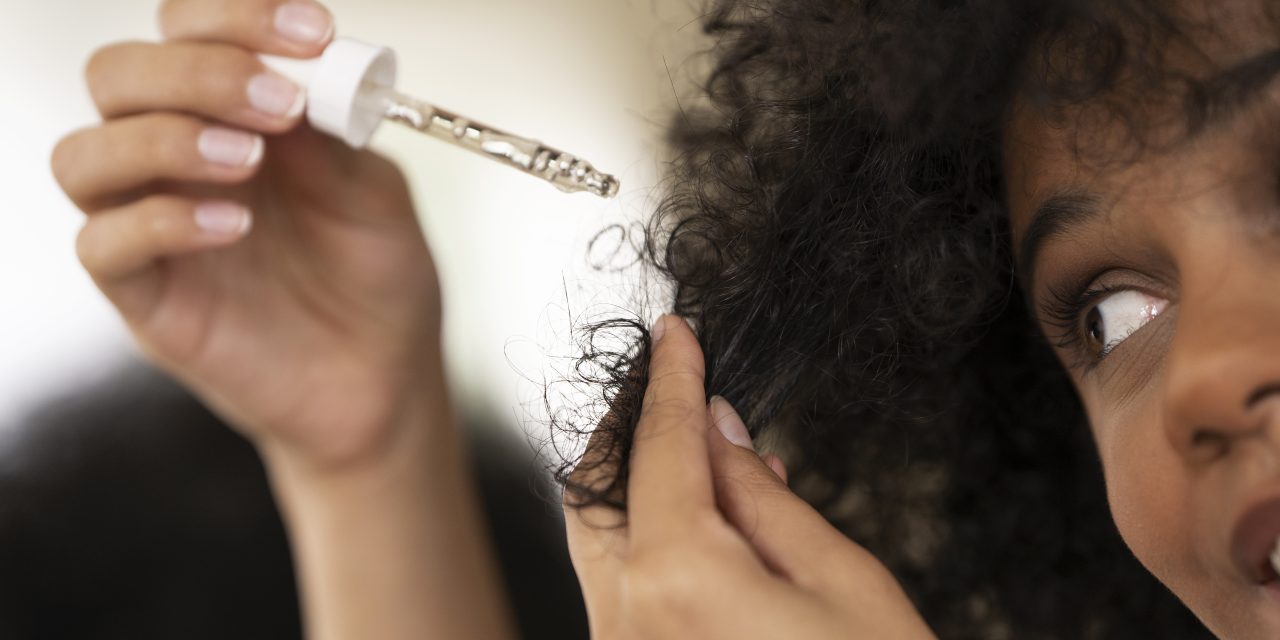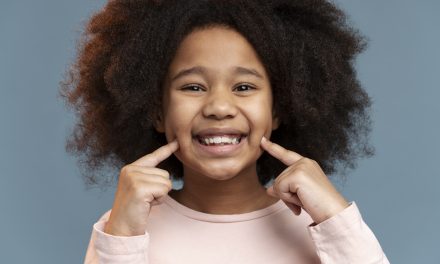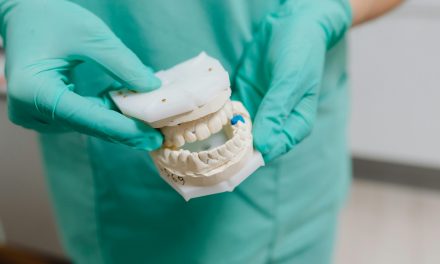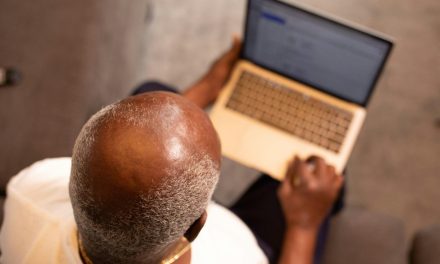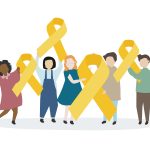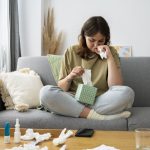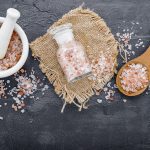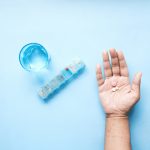It’s not the most pleasant thing to talk about… but there is help for thinning hair
Hair loss is natural, and it affects many people each day. It’s not exclusive to being at a certain age (although ageing can be a contributing factor). Unfortunately, there are some men and women who lose their hair early in their 20s too.
Quick Read:
- It’s tempting to take supplements and vitamins that promise to restore your hair, but please always check with a doctor before trying a new product.
- Stress is a natural part of life, but long-term stress can damage your health, including your hair.
How does hair loss start?
Noticing strands of hair in the shower every morning? Before you panic, know that it’s perfectly normal for humans to shed up to 100 strands of hair a day. When is it not normal? Do the pull test: run your fingers over dry, clean hair. Gently pull at the ends. If more than 10 strands come off, it’s a good idea to speak to your doctor to diagnose the causes and reasons.
Alopecia (hair loss/baldness) comes down to three main culprits: hormones, genetics, and age. As you get older, your hormone levels go through change too, and these fluctuations may affect hair follicles, growth, and loss. Then there’s genetics. So, you can go ahead and blame the family tree for this one! With men, if male-pattern baldness runs in the family, chances are you may have the condition too.
There’s also temporary hair loss. It can come on from an illness, a period of stress, anaemia, or a thyroid issue. It’s worth looking into your diet to manage hair loss. Are you getting enough protein and iron? A lack of either could lead to thinning hair.
What’s in the medication you’re taking? Who really reads the little info leaflet in the box? So, while we may know of general effects like nausea or a headache, hair loss could also be a side-effect of some medication. Ask your pharmacist if you’re unsure. Your diet might also affect hair loss. Research points to nutritional deficiencies that can affect both hair structure and hair growth.
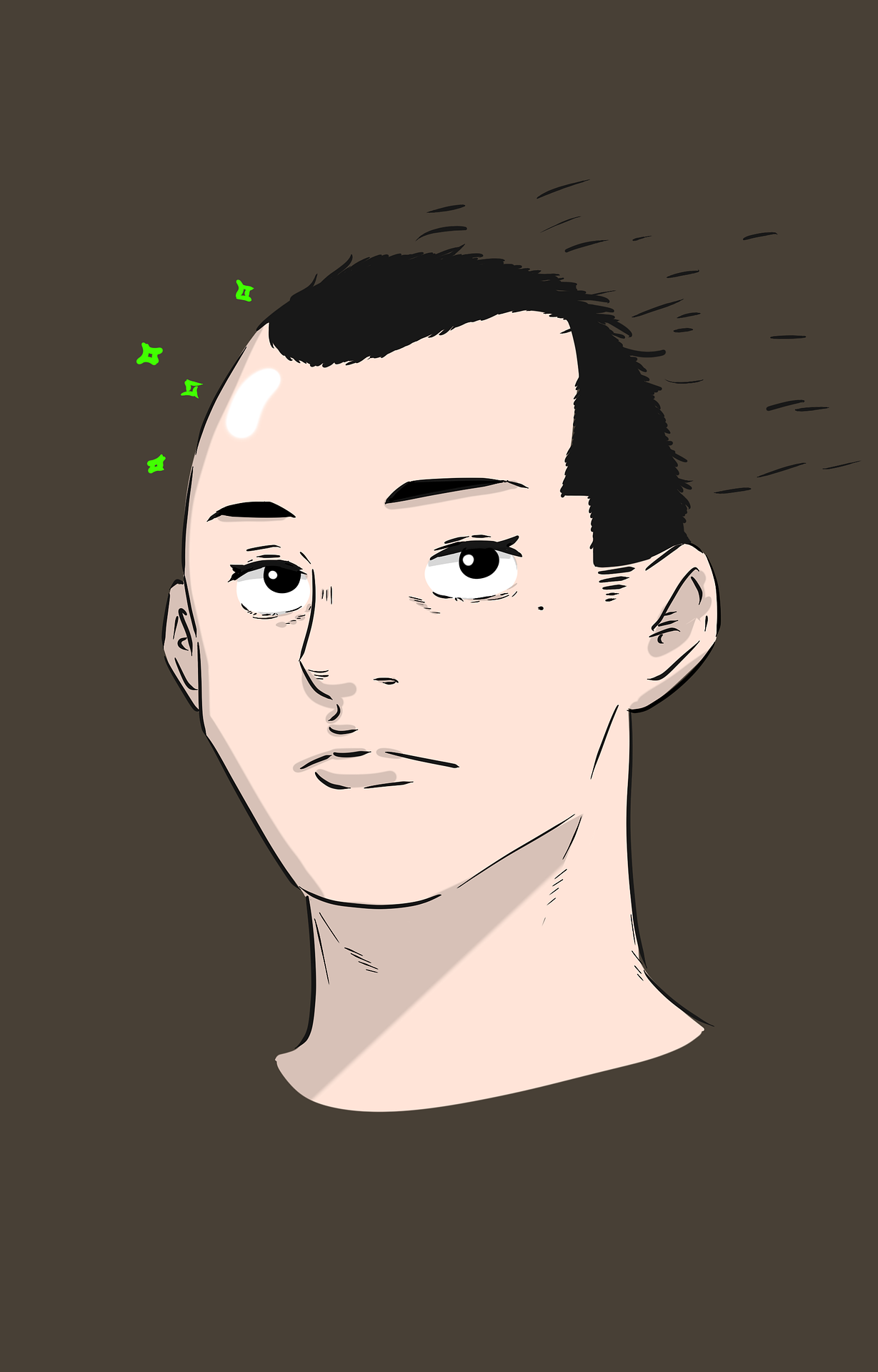
Help at hand
Shampoos, hair-strengthening pills and potions, and other hair growth miracle cures are easy to find in shops and pharmacies.
The big question: do they work?
Before you rush out and buy them all, speak to your doctor or pharmacist about the cures, side-effects and general success rates. Yes, there are treatments that show great success, like scalp lotions and tablets to block the effects of hormones, but you’ll need expert advice to guide you. Like with many things, the possibilities are endless, and you may get caught up in trying treatment after treatment with no luck.
Speak to your doctor, get a proper diagnosis and then work on treating the problem. But, first do, your best to make small, sustainable, healthier choices each day. That means drinking plenty of water, managing stress levels, exercising regularly, and eating a nourishing diet that’s filled with plenty of vitamins and minerals. You may find that these small changes are the first step in strengthening your hair follicles and preventing further hair loss.
Images: Freepik/Pixabay

